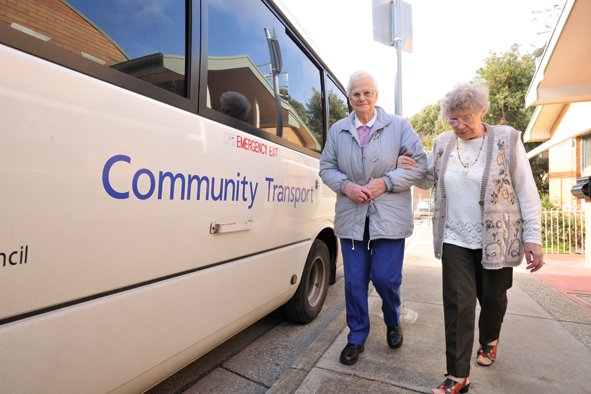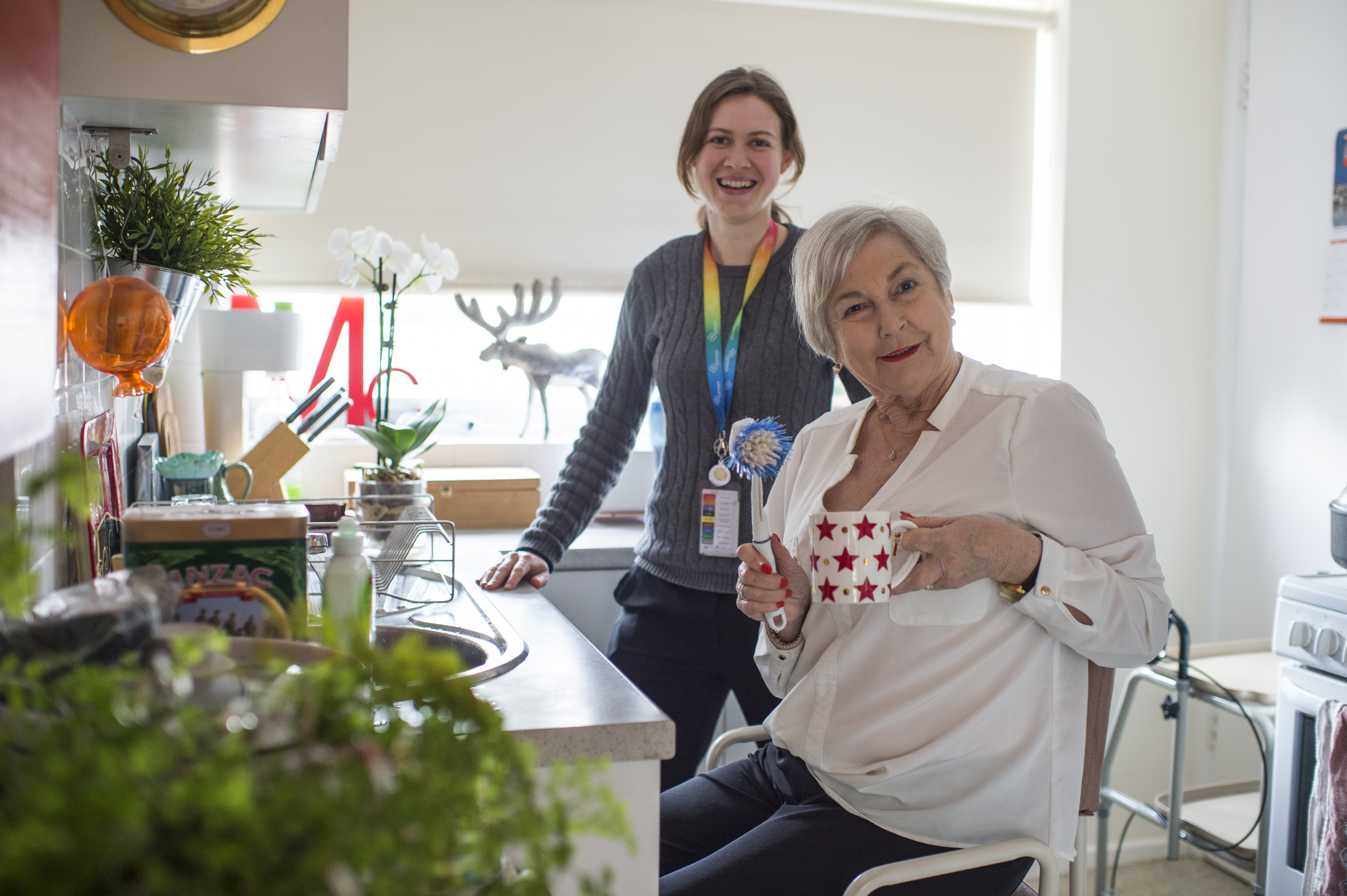Select from the following services

The festive season is upon us, bringing celebrations and a little indulgence for most of us.
Often the food we eat more richer foods than usual and we may drink more alcohol than normal. It’s the little extras at Christmas that can result in a weight gain that may be hard to shift in the New Year, so what’s the trick to avoid gaining weight, while enjoying all the foods on offer at this time of year?
You would have heard of ‘mindfulness’ as a way of giving your attention to the experiences in the present moment, but did you know this applies to eating as well? Connect Health & Community Dietitians provide the following tips to help you navigate the festive food challenges.
Give yourself permission to eat all foods
This is about choice. When you forbid foods, you often want them more. You feel deprived of them and when you do eat them, you feel guilty (probably after you have eaten six other healthier options that you didn’t really want).
Permission does not mean you have to eat everything that is offered, or all of it; it gives the choice and the power back to you. Start with a small serve of the foods you may usually avoid - you will probably feel empowered.
Be ‘present’ when you eat
Take away distractions, sit down (if you can), eat dinner at the table, turn off the TV, put down the book, turn off your phone and savour your food – actually tasting it. Experience the texture, eat slowly and thoughtfully, and enjoy.
This may be tricky at stand-up functions, but perhaps talk about the food in your conversations to increase your awareness of it.
As our Dietitians say, “give yourself and the food, the respect you both deserve”.
Respect your body’s hunger and signs that it’s full
For some this will be a new skill as most of us eat by the clock, have learnt to eat everything on our plate, become too eager at a buffet or want to please Aunty Mary who has made a fabulous dish “you just have to try”. Skipping meals before or after a function also leads to hunger and overeating.
When you tune into your body’s hunger signals, it becomes easier to choose the foods you want to eat, in smaller portions or say, “I am not hungry right now but maybe later”.
Learn when you are ‘non-hungry’ eating.
Most of our non-hungry eating occurs during social occasions, as a response to our emotions (when we are sad, bored, lonely) or just because the food is there.
The holiday season is the perfect time to recognise these triggers and try to substitute other activities instead of eating. You could call friends/family, do some of that Christmas preparation, read or go for a walk. Better yet, have a drink of water – 80 per cent of the time we might feel hungry, we are often thirsty.
Keep moving
And important throughout all the festivals of food is to try to keep up exercise.
While it won’t be as easy (there is always something on) try to visit the gym (it’s usually half-empty at this time of year), take up swimming or go for a walk with family after dinner in the cool of the evening. Walk the dog, play cricket in the backyard or try using the outdoor gym at your local park. The options are limited only by your imagination.
Getting plenty of sleep and exercise helps keep you sharp and able to get the most from life at this busy time of year.
If you would like to meet with a Connect Health and Community Dietitian or Diabetes Educator before the start of the festive season, call us on (03) 9575 5333.
A youth mental health initiative developed with students during Victoria’s lockdowns, is hoped to help reduce the stigma surrounding mental health issues and encourage teens to seek help early.
Read MoreOur Health Promotion team is supporting early learning centers through the Achievement Program, an initiative that helps services create a healthier environment for their students, staff and families.
Read MoreThis Children’s Week, we asked our paediatric team to share some of their favourite activities for kids that embrace the importance of play for a healthy lifestyle.
Read More
Speech pathologists provide assessment and management of communication, swallowing and feeding difficulties.
Read More
We have been offering safe and quality door-to-door transport options to our community since 1975.
Read More
We provide Occupational Therapy to help children, adults and those experiencing mental health issues, to achieve their full potential.
Read MoreSelect from the following services